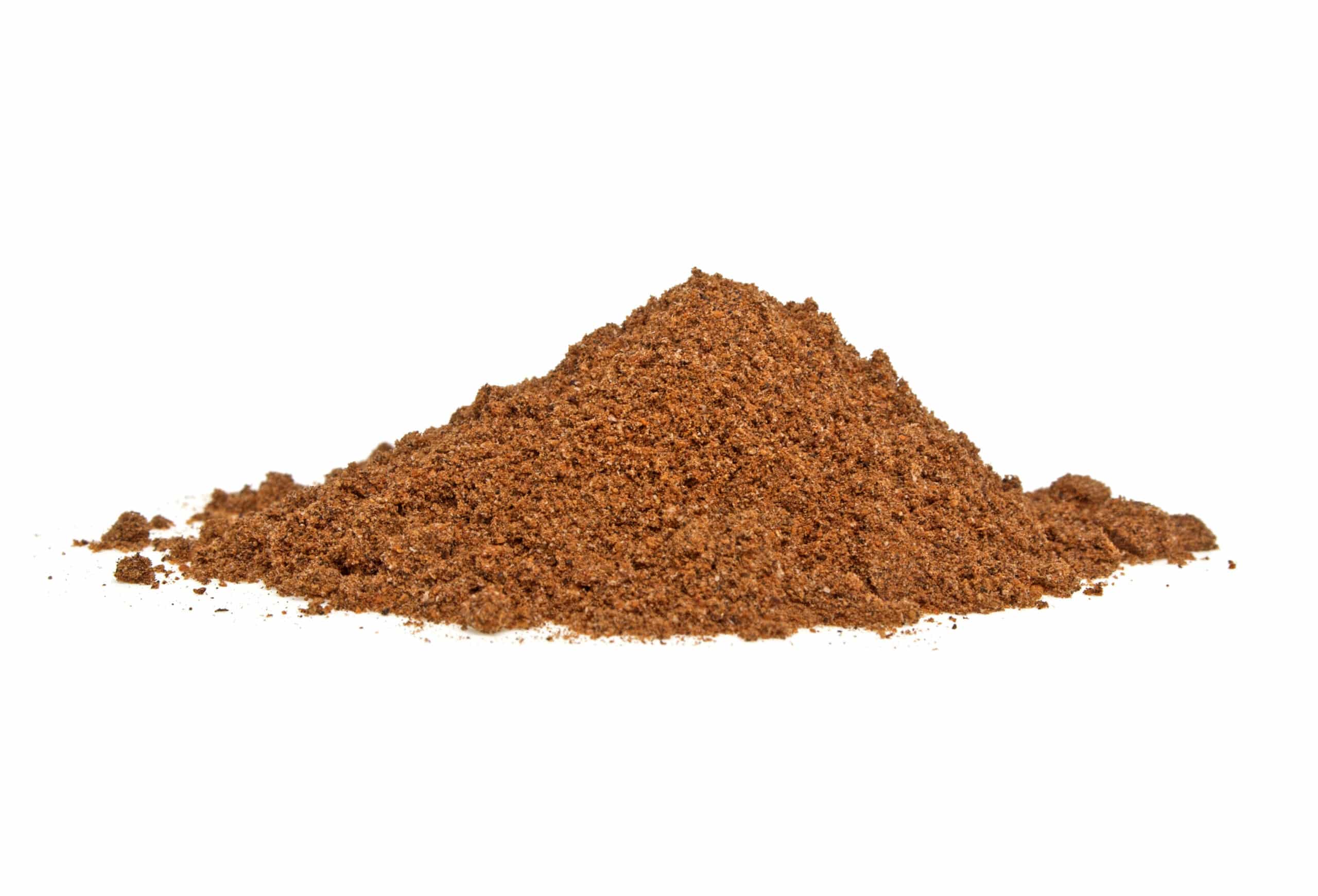Nutmeg is the seed from the Myristica fragrans tree. 9000 tons of nutmeg is consumed worldwide annually according to the Food and Agriculture Organization of the United Nations. Not only does nutmeg provide a lovely smell and taste, but the spice has been used commonly in traditional Chinese medicines to treat gastrointestinal illnesses. In Indonesia where the tree in common it is used to treat infections, asthma, toothaches, and rheumatic pain.
Previous lab studies have shown that nutmeg can fight heart tissue damage and hepatotoxicity, hyperlipidaemia, and hyperglycemia. Inspired by these studies researchers wanted to further investigate how nutmeg prevents damage to the liver.
Researchers used model mice of liver toxicity to test mechanisms behind the protective effects of nutmeg. Metabolomics analyses showed nutmeg likely protected against liver damage by restoring model animals to more healthy levels of acylcarnitines and various lipids. Gene expression analyses showed peroxisome proliferator activated receptor alpha was modulated by nutmeg. It was observed by the researchers that when the peroxisome proliferator activated receptor alpha gene was deleted nutmeg did not protect the liver from injury. Researchers also found that the specific compound called myrislignan found within nutmeg had a strong protective effect against liver damage.




